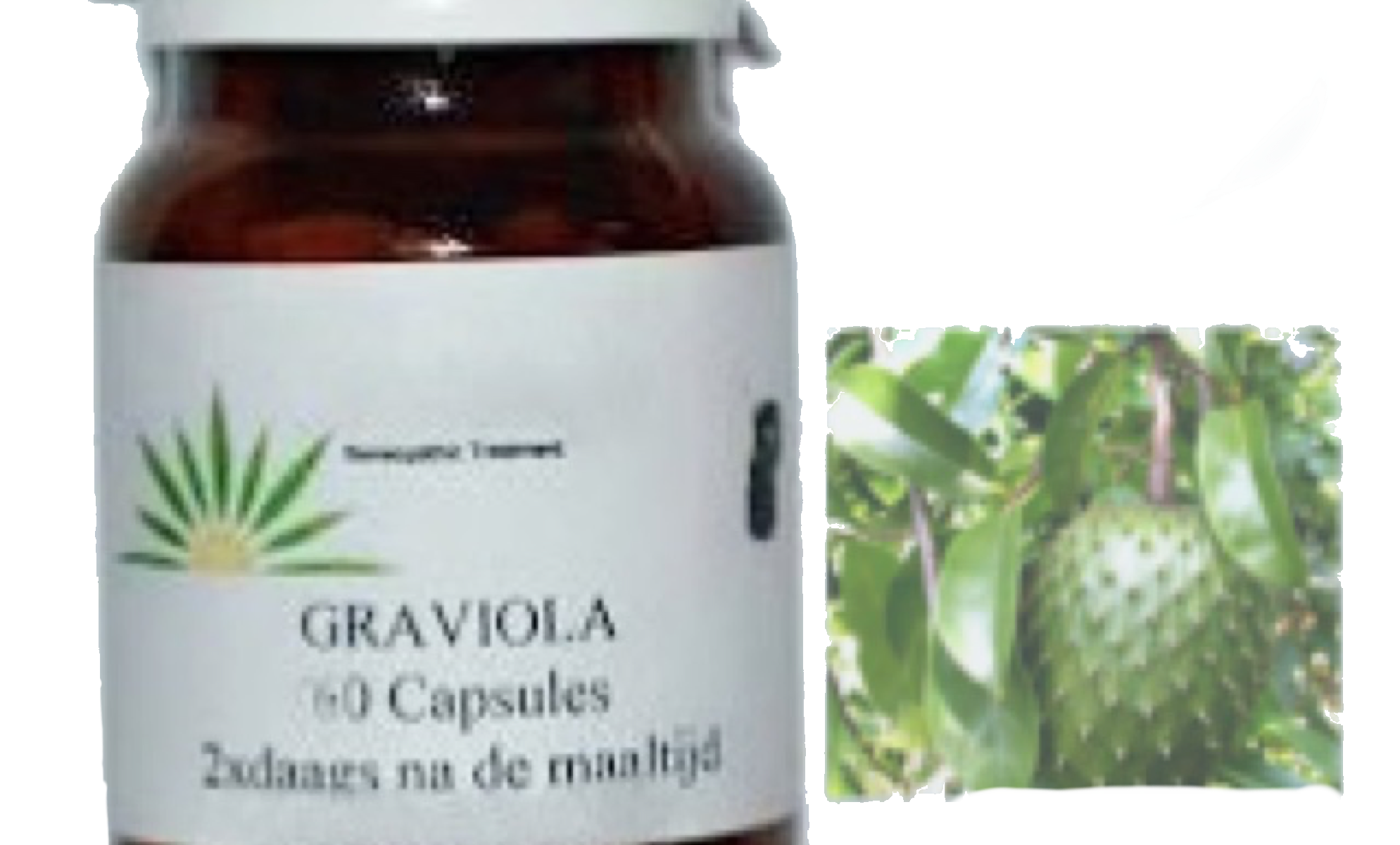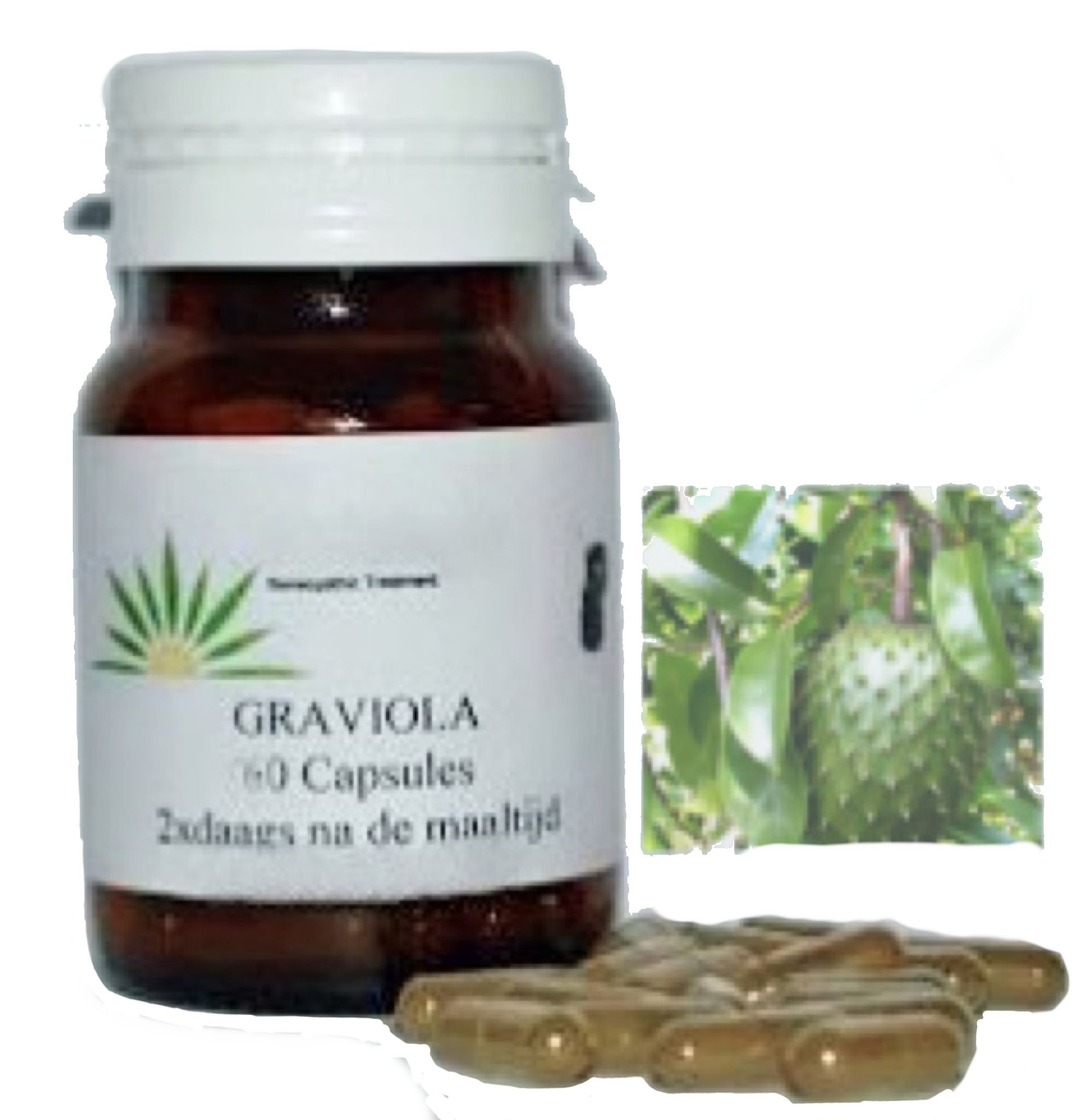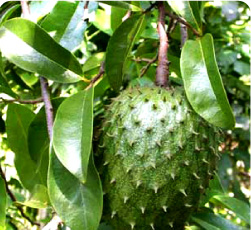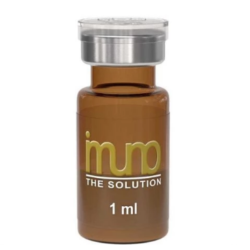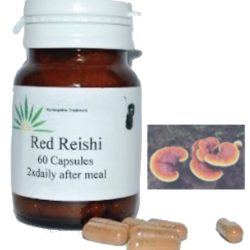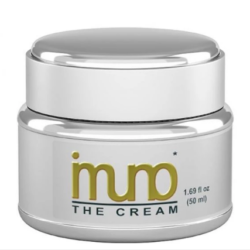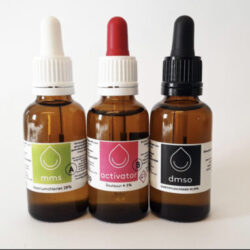Description
Researchers are very enthusiastic about Graviola and Graviola tea being an alternative medicine to be used as supportive therapy for cancers, such as breast cancer, prostate cancer, liver cancer, lung cancer, pancreatic cancer, and lymphoma.
Graviola has been purported to have a number of uses, especially therapeutic. Leaves, seeds, bark, fruits and roots are the traditionally used parts of this tree. Listed are some of the traditional and herbal uses of this tree.
Leaves are used for headaches and insomnia. The leaves also contain antioxidants known to fight inflammation.
Cooked leaves, applied topically, fight rheumatism and abscesses. In certain regions of Brazil, the oil of the leaves and unripe fruit is mixed with olive oil and used externally for neuralgia, rheumatism, and arthritis pain:
• As de-worming and anti-parasitic agents.
• As an astringent for diarrhea and dysentery.
• To cool fevers.
The seeds are crushed and used against internal and external parasites, head lice, and worms. However, it is important to note research has shown that seeds and roots contain certain toxins that could cause atypical Parkinson’s disease, so this herbal remedy is best avoided.
Tea made from Graviola leaves have long been used in the Amazon region to treat liver and stomach disorders.
A tea made from the bark, leaves, and roots are used as:
• a sedative, antispasmodic.
• To calm the nerves.
• To reduce high blood pressure.
Health Benefits of Graviola
Most studies regarding health benefits of Graviola have been conducted on laboratory animals and have not been confirmed in humans. Graviola is best known for its anti-cancer properties.
Researchers are very enthusiastic about Graviola being an alternative medicine to be used as supportive therapy for cancers, such as breast cancer, prostate cancer, liver cancer, lung cancer*, pancreatic cancer, and lymphoma.
It is one of the most studied properties of the tree and so far it has shown positive results. However, always consult your doctor before using Graviola for any therapy.
Pancreatic cancer:
An increased metabolic activity and glucose concentration in the tumor cell has been linked to aggressive pancreatic cancer.
One study published in the journal Cancer Letters showed that Graviola extract containing acetogenins acted in a way to decrease ATP production thus leading to death of cancer cells. Incidentally, the researchers found that it does not affect the healthy cells.
Lung cancer*:
Adriamycin is sometimes used as the chemotherapy drugs for cancers including lung cancer and blood cancers.
A Japanese study done on lab animals found that annonacin (acetogenin) could inhibit the growth of cancer cells in the lungs as much as Adriamycin, if not better.
However, R. Webster Kehr, at Independent Cancer Research Foundation, warns that *Graviola can be especially dangerous for lung cancer patients and brain cancer patients where a clustered amount of cancer dead cells (lysing) can be very dangerous
Breast cancer:
Researchers found that fruit extract of Graviola could successfully inhibit the growth of a gene that directly expresses cell growth (oncogene EGFR) which frequently over-expresses in breast cancer.
Analgesic and anti-inflammatory properties:
A study published in the International Journal of Molecular Sciences on experimental animals supported these traditional uses for analgesic and anti-inflammatory activities, suggesting a potential for therapeutic purposes. However, the researchers suggested further studies to be conducted to ensure its safe usage.
Diabetes:
Graviola has been found to be beneficial in cases of diabetes.
A Nigerian study revealed that leaf extract of Graviola significantly reduced blood glucose concentration in experimental animals, possibly by enhancing the effects of insulin and adrenalin. No human trials have yet been done, therefore its use for this purpose cannot be recommended.
High blood pressure:
Studies have shown Graviola to be a hypotensive (reduces blood pressure), vasodilator (widens the blood vessels) and cardiodepressant (decreases heart rate and contractility).
If you are using drugs for your high blood pressure, check with your doctor before taking Graviola as your medication may need adjusting.
Side Effects of Graviola
Although seeds and roots of graviola too contain acetogenins that help in cancer therapy, they are best avoided because other chemicals present in these parts have shown neurotoxic effects similar to atypical Parkinson’s disease.
There is no evidence that taking Graviola in pregnancy and lactation is safe. Consult your doctor regarding the use of alternative medicine.

